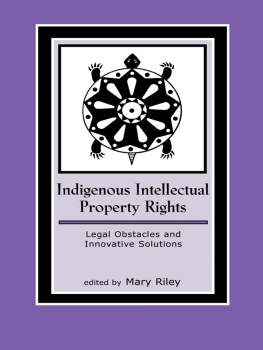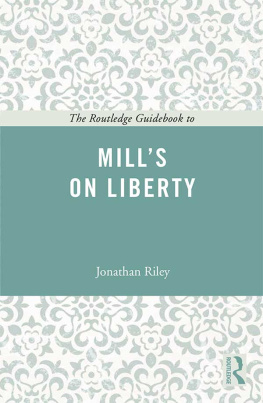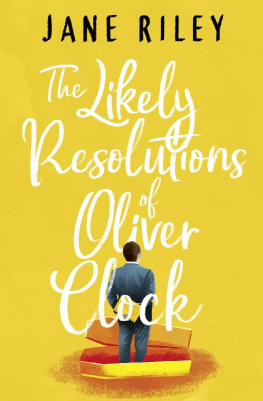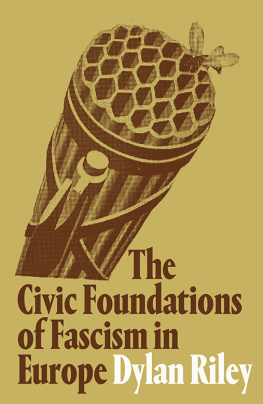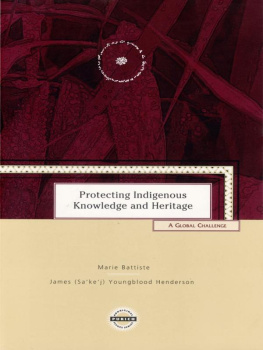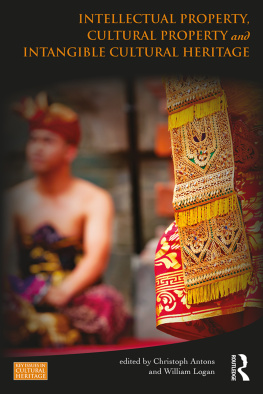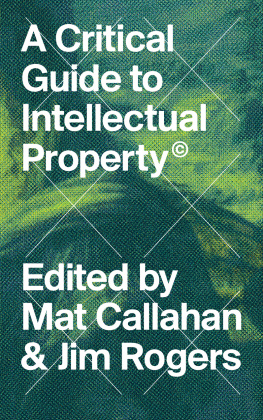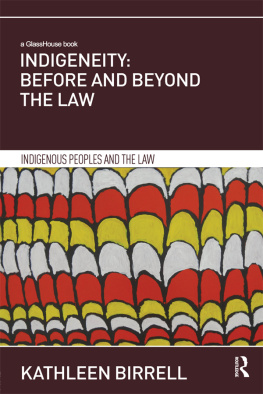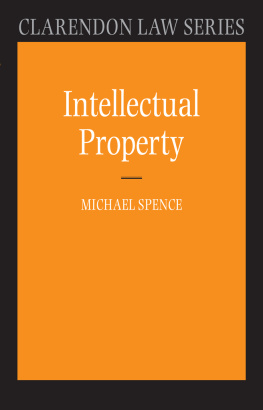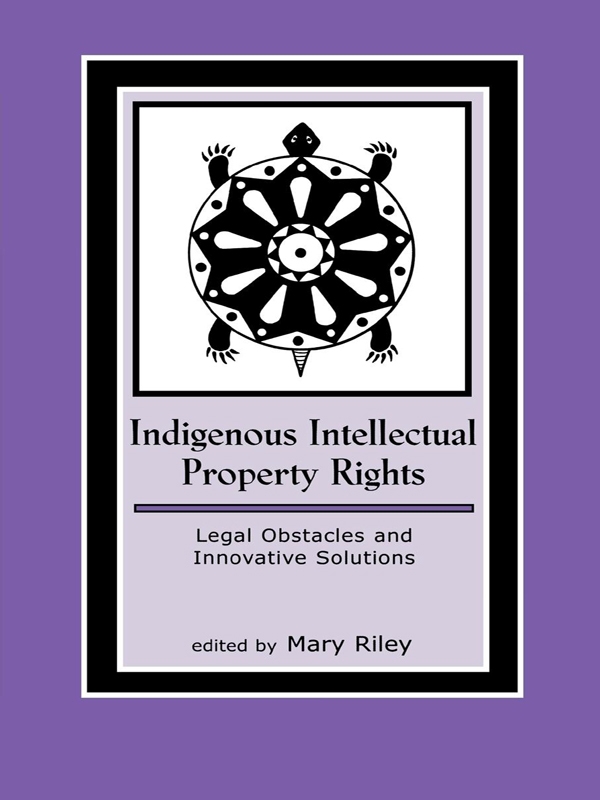ACKNOWLEDGMENTS
I n the organizing and editing of this volume, there are several people along the way who have been extremely helpful and have made the process that much more meaningful (if not any easier!). I am grateful to many people I have met who work at the crossroads of law, anthropology, ethnobiology, and indigenous rights.
I first would like to thank Thomas Greaves, who originally encouraged me to co-organize a session with Katy Moran on indigenous intellectual property rights (IPR) at the American Anthropological Association 98th Annual Meeting in November 1999. A number of the chapters in this book were originally developed from papers presented at that session, although nearly equally as many of the chapters in this volume were solicited at a later point in time, in order to increase the representation of subtopics that now exist within the ever-expanding field of indigenous IPR.
I also would like to thank the following individuals who greatly expanded my ideas about indigenous IPR while I worked on this edited volume and pursued other fieldwork and research related to indigenous IPR over the past few years: Katy Moran, David Stephenson, Kelly Bannister, Maui Solomon, Janette Bulkan Forte, Melinda Janki, Djaja Djendoel Soejarto, Marian Kadushin, Michael Huft, and Charlotte Gyllenhaal.
In addition, I would like to thank the editors at AltaMira Press, Jennifer Collier and Rosalie Robertson, who approached Katy Moran and me with the idea for the edited volume. They have been patient and helpful throughout the entire process of developing, forming, and getting this edited volume to press. I am also grateful to the three anonymous reviewers, who took the time to review the entire manuscript and provided substantially helpful and insightful comments to each contributors chapter.
Finally, I would like to thank my husband, Sean Labat, for his forbearance during the entire process, but especially during the final stages of production where many hours were spent to complete and finalize this edited volume.
I hope that this work will be seen as both a contribution and an offering to the growing literature on indigenous rights in general, and on intellectual property rights and traditional resource rights for indigenous peoples in particular. The main reason for writing this edited volume, for all of the contributors, is to try to help improve the legal rights of indigenous peoples worldwide. Or at the very least, to explain to others why the struggle for indigenous rights is so important to so many people living in accordance with their traditions, and who want to remain in control of their own destinies.
ABOUT THE AUTHORS
Mary Riley is currently a research associate in the Program for Collaborative Research in the Pharmaceutical Sciences at the University of Illinois at Chicago, as well as a law student enrolled in the College of Law at Northern Illinois University. At Northern, she is specializing in international, environmental, intellectual property, indigenous and tribal law. In addition to working with the Vietnam/Laos ICBG, she guest edited (with Katy Moran) a special issue of Cultural Survival Quarterly (Winter 2001), which was dedicated to the subject of intellectual property rights and indigenous peoples. She received her Ph.D. in cultural anthropology from Tulane University. Her dissertation research focused on the ethnomedicine of the Makushi Amerindians of the North Rupununi savannas in Guyana.

Kelly P. Bannister is assistant professor in the School of Environmental Studies and a research associate with the POLIS Project on Ecological Governance in the Faculty of Law, University of Victoria (British Columbia, Canada). Her doctorate in ethnobotany/medicinal plant chemistry is from the University of British Columbia. She works with local First Nations and internationally on research-related issues of protecting cultural knowledge, with emphasis on nonlegal mechanisms such as community research protocols. Her current research examines ethical and legal issues in collaborative research between communities and universities, She founded the Community-University Connections initiative in 2000 to explore these issues.
Brent Berlin is Graham Perdue Professor of Anthropology at the University of Georgia. He began research in the Highlands of Chiapas in 1960. After a decade of comparative research in Amazonian Peru, he returned to Chiapas where he continued the study of indigenous knowledge systems, focusing specifically on medical ethnobiology. Since the late 1980s, he has been an advocate for indigenous intellectual property rights and just compensation. These combined interests led to his role as principal investigator on the Maya International Cooperative Biodiversity Group that forms the basis for the discussion in chapter 12.
Elois Ann Berlin, associate professor of anthropology, University of Georgia, has been involved in interdisciplinary research first with the Aguaruan Jivaro of Peru and then the Maya of highland Chiapas. Her work focuses on indigenous health and medicine. She is committed to understanding and promoting indigenous medical knowledge as a complex and comprehensive system and validating its efficacy to the broader public. She developed an interest in intellectual property rights (IPR) and just benefits sharing in the late 1980s and drafted the framework that formed the basis the Maya ICBG agreements discussed in chapter 12.
Tressa Berman is research associate of anthropology at the California Academy of Sciences and executive director of BorderZone Arts, Inc . She is past president of the Anthropology and Intellectual Property Rights Group of the Society for Applied Anthropology.
Bartholomew Dean is assistant professor of anthropology as well as anthropology coordinator for the Museum Studies Program at the University of Kansas. He is currently in Peru on a Fulbright Scholar grant awarded to support his work with the Amazonian Studies Program at Perus National University, San Marcos (Lima). In 1995, Dean and his wife Michelle McKinley co-founded the Amazonian Peoples Resources Initiative, a human rights and community development NGO. Dean is also a founding member of the graduate program in Amazonian Studies at the Universidad Nacional Mayor de San Marcos, and currently serves as the contributing editor for Lowland Ethnology for the United States Library of Congress Handbook of Latin American Studies. Dean serves on the editorial board of Amazonia Peruana, the flagship journal devoted to the scholarly study of the Peruvian Amazon.
Julie Hollowell is research associate with Indiana Universitys Department of Anthropology. Her recent research has focused on the commodification of Native arts and archaeological goods from Alaskas Bering Strait, and her interests include global marketing of cultural property, multiple claims on the material and intellectual past, and the repatriation of knowledge, materials, and research directives to indigenous communities. She received he Ph.D. in 2004 from Indiana University in cultural anthropology.

